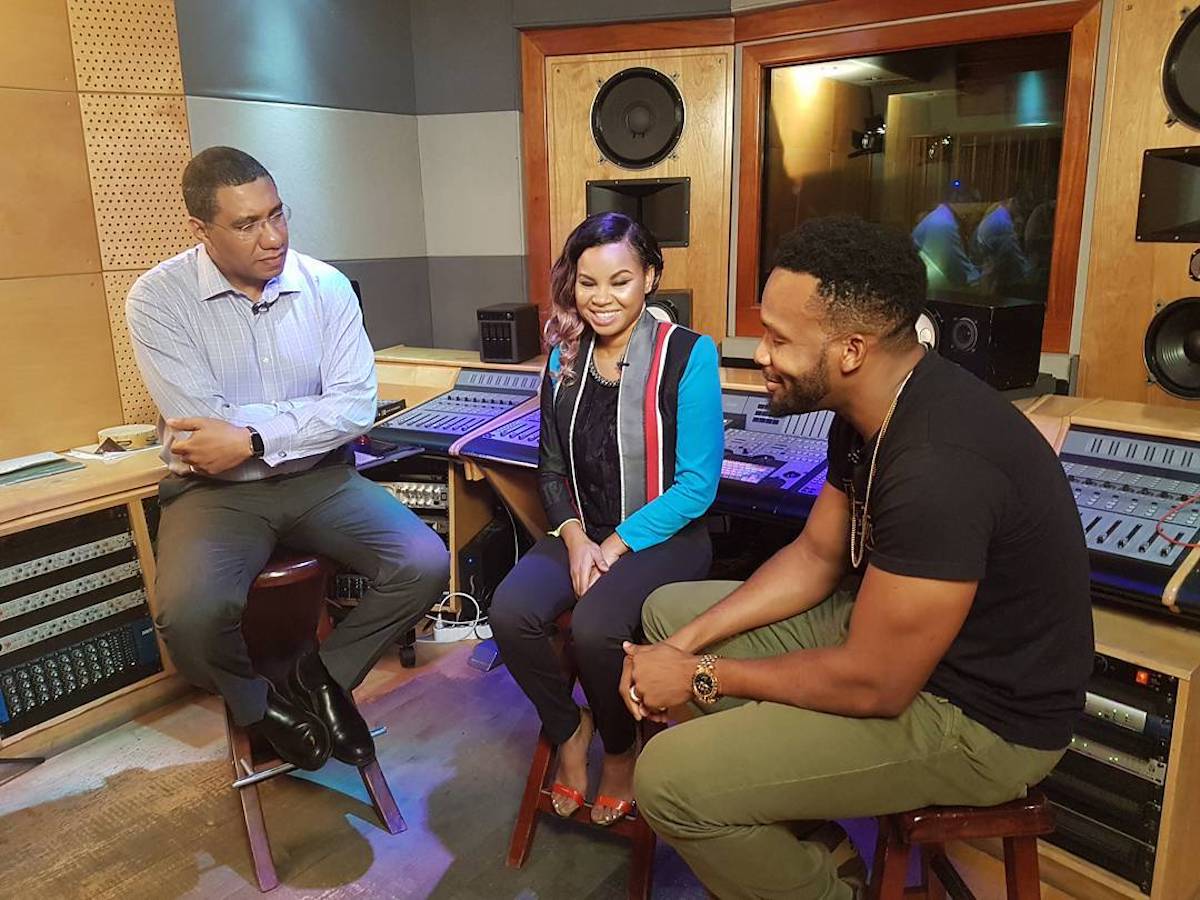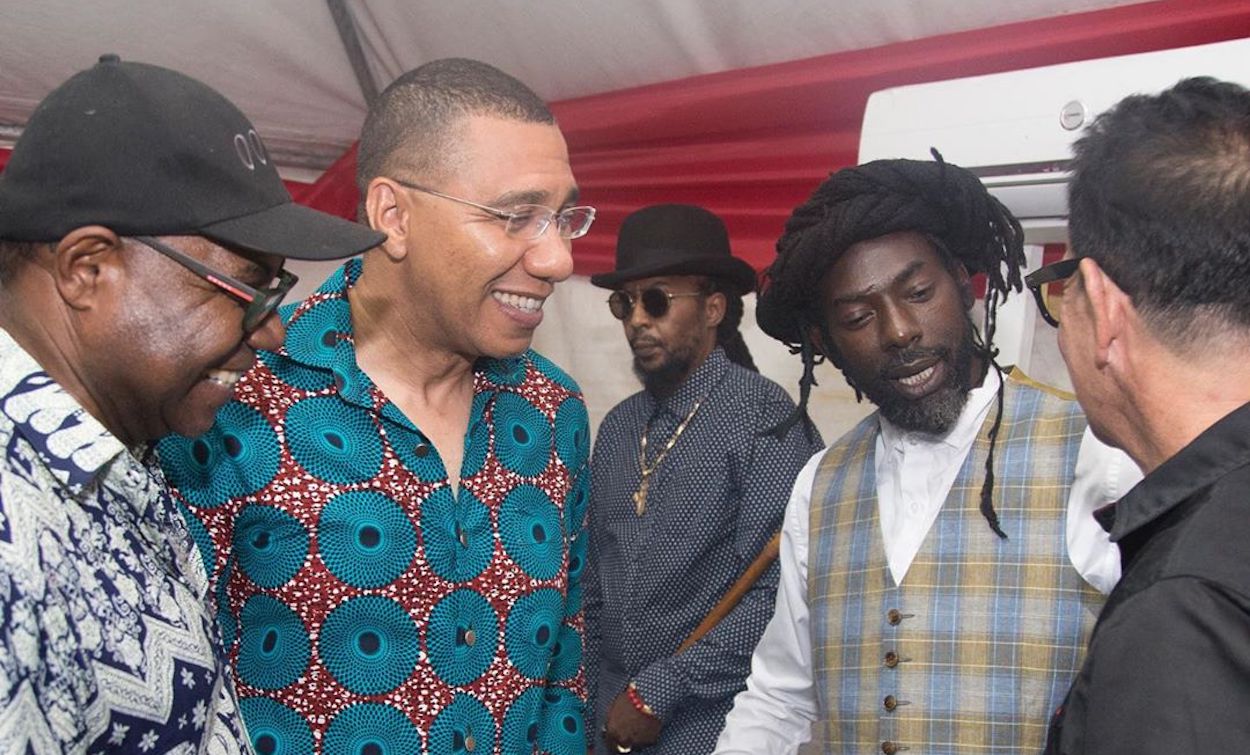Jamaica Prime Minister Holness once again promises support for the entertainment industry, but many are discouraged by the lack of details and a firm timeline.
With all the bell ringing, pot cover banging, supporters cheering, and music playing which took place at the Jamaica Labour Party’s (JLP) 78th annual conference on Sunday, Prime Minister Andrew Holness was definitely in his element as he made pronouncements about Jamaica’s future and the way forward. He was finally ready to tackle one of the elephants in the room, which is the shutdown and stagnation of the entertainment sector.
COVID-19’s entry into the island has pretty much shuttered what was once one of the nation’s biggest revenue earners for both the big industry players such as party promoters and the average pan chicken vendor and other retail sellers who relied on events to sustain their families and keep their heads above water. Though the sector had been granted resumption in both the summers of 2020 and 2021, these were short-lived as the general public blamed the entertainment industry for the spike in covid-19 numbers, and so too the government.
In 2021, the public, as well as the medical fraternity, attributed the re-opening of the sector to the cause of the “third wave” of cases, hospitalizations, and deaths, forcing the Prime Minister to establish even more drastic measures such as weekday lockdowns that not only proved unpopular but wreaked havoc on the economy at large.
With the weekday and weekend lockdowns now discontinued, at the recent party conference, the party leader expressed, “Some sectors have been more affected by the measures than others.”
“The music and entertainment sectors for example have suffered greatly,” he added.


Prime Minister Andrew Holness then detailed his personal experience with a member of the entertainment sector. “I talked to a few entertainers on my vaccination tour. I met up with an enterprising entertainer who is a dancer but also a businessman who brings in people from overseas to stay at his Airbnb to learn and experience Jamaican culture so he was hit twice, with the shut down in entertainment and hit with the shut down in tourism with his Airbnb business and he is angry and upset and reasonably so because the measures we have put in have been devastating,” he stated.
Holness explained that he promised the man he would do something for him and the sector generally as the government is contemplating how they can support the sector that is responsible for brand Jamaica and keeping the flag flying all around the world with intangible benefits, noting that they, “can’t be mean spirited to the entertainment sector.”
However, while it was good for industry members to hear the Prime Minister speak about providing support, it was not lost on them that he actually said that this support would come not during the pandemic but afterward, and since there is no sign of it being eradicated any time soon, his promise to some felt like the usual empty one given by a politician to placate the people.
PM Andrew Holness gave no timeline or further detail as to any proposals that are currently being worked on by Entertainment Minister Olivia’ Babsy’ Grange or if there will be consultation with members of the Jamaica Reggae Industry Association, the Sound System Association of Jamaica, Dancehall Dance Association and other industry stakeholders as to possible ways forward.
In April of this year, the Prime Minister announced that plans for a stimulus package to assist dancehall artists and others in the sectors adversely affected by the pandemic would be implemented. Those who were left financially bereft because of the lockdowns were to begin receiving monies courtesy of government coffers in short order. However, this promise never materialized. In addition to a ban on public gatherings of more than 20 persons, which meant that no concerts, parties, dances, and stage shows could be held, the imposition of a nightly curfew was also a huge slap to an industry that relied heavily on mass numbers gathering in order for events to be profitable.
Several well-known artists and personalities have been found to be in breach of the Disaster Risk Management Act including dancehall icon Beenie Man, actor Bad Boy Trevor, and social media internet star Solanie. Popular DJs have now taken it upon themselves to travel overseas for events where the rules are much more relaxed. On the island, police officials are dealing with illegal parties, where party promoters have gone to huge risks to earn a living. Others have had to rely on a regular 9 to 5 to make ends meet.





